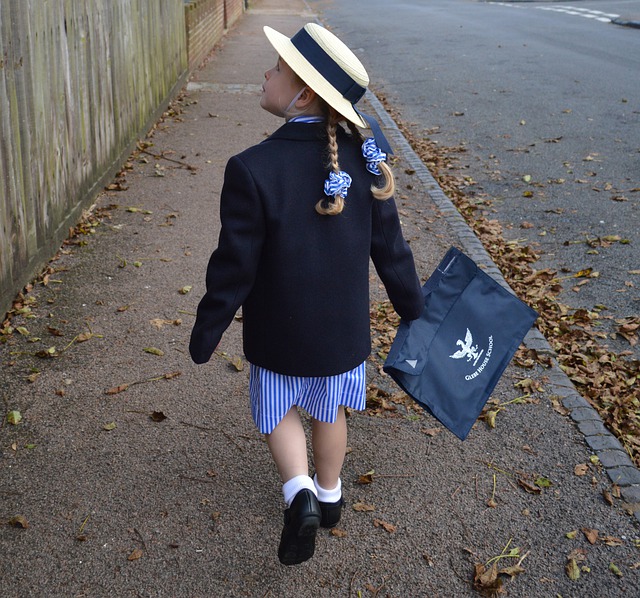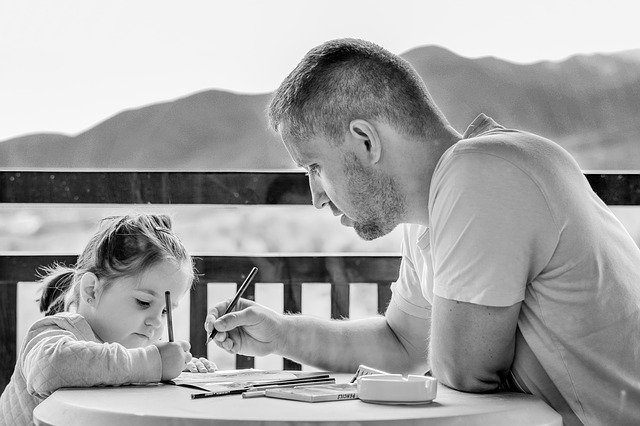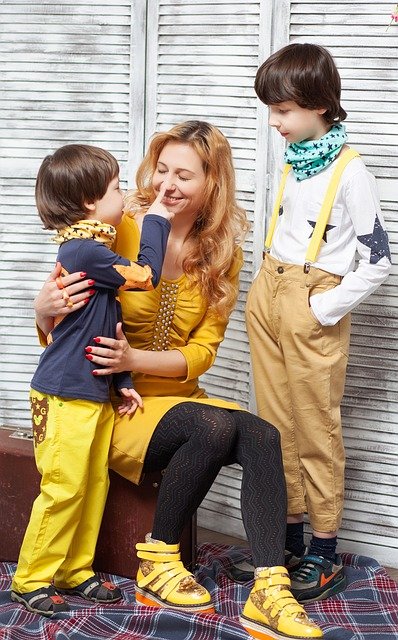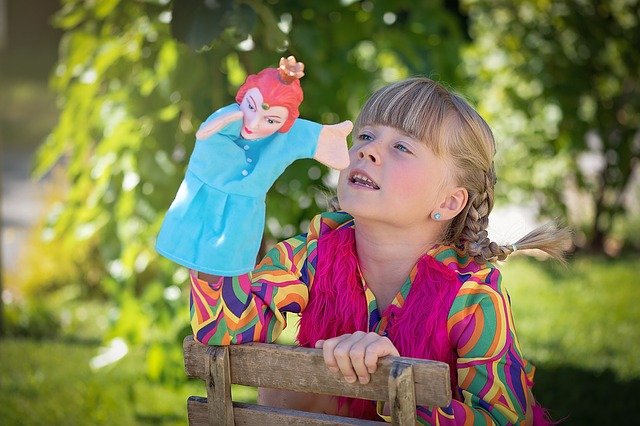Going back to school has generated a mixture of what you probably feel are conflicting emotions.
It has affected every single child: those who were home-schooled and those who attended school but had different teachers, classrooms, classmates etc.
I dare say that it has also affected teachers and other staff members in schools. In this article you will find useful tips to support children back to school.
Going back to school can be exciting; however, this time things are different.
It seems that excitement is not the most common emotion that children are experiencing or, at least, it has not been their first reaction.
During the past weeks I have heard parents and children describing that going back to school has been scary, anxiety-provoking, confusing, strange, uncertain and exciting – emotions that don’t seem to go together and this is confusing.
Imagine for a second that you are a child or a teenager and you will probably experience these feelings yourself. The thought of seeing your friends or people who you generally had fun with is exciting.
But you have not seen them for a long time. A period of nearly three months is a really long time for a child or a teenager. For a moment, think back to the summer break from school when you were that age. Most of you will agree that it felt like a long time, like being off school for years.

So, going back to school after such a long period of not seeing friends and teachers could have been incredibly stressful.
Children may have wondered if they would recognise their friends: whether they would look the same; whether they would still have the same interests and enjoy the same games that they used to play together at school; and whether they would still be watching the same TV programmes that they used to discuss.
They probably didn’t know what they were going to talk about as they had not been doing much. Bear in mind that they also had to remember what the teacher was like and which rules they had to follow at school, only to find out after returning that they were probably different to the rules they had before.
Most children walked back into a place that they know but found that lots of things had changed. Friends have changed physically and mentally and school has new rules, new timetables and new routines.

The thought of all the things that children need to adjust to quickly at school is tiring and, on top of that, they need to be on their best behaviour, putting aside their emotions so that they can concentrate, engage with the learning and make sure that they remember all the new things that they were told on their first day back.
They have a lot to cope with. Well done to the children for all the hard work that they are doing.

After having to cope with everything described above, children come back home ready for some freedom to express themselves and to let go of all the tension and emotions that they tried to hold in during school time.
Once they are in a safe place where they feel secure and supported by parents/carers, they relax and allow themselves to express their emotions: their anxiety, fears, excitement etc.
Children express their feelings through their behaviour and this is usually not in a way that adults think of as appropriate, so they probably think that the child is misbehaving and being naughty. But children need to express their feelings so the question here is how can you support them in doing so?
Every child is different. Some need quiet time alone to regulate their emotions; others need physical activities to burn off some energy.
You know your own child best and you could create a little corner in the house where they can relax or plan a nice, long walk after school. These are not magic solutions or indeed the only strategies.
Children need help to express their feelings and other strategies you could try are:
- Drawing: This is an amazing form of communication and child therapists use drawing when working with children. Ask your children to draw a picture of their day, what they did, their teacher or their friends.
Alternatively, ask them to draw whatever they want to and then create a story using their picture. Let their imagination feed the story with as many details as they like. Sometimes you will be able to clearly see how they have put their own thoughts and emotions into the story. This process helps children to describe what is happening to them and how they feel about it.

- Creating stories. As mentioned above, it is a good strategy to talk about what is going on when children are feeling relaxed and in a place where the anxiety of talking about a difficult topic is more manageable. You can talk about the story, act it out, draw it or write it down; there is not a right or wrong way to do it. Just use your imagination and do what works best for your child.

- Play. Use role play to act out the current situation but with different characters. For example, you could play schools. Your child could be the teacher and you could be the student. Ask your child how they want you to act – ask them what they want you to say and pay attention as they will probably ask you to act out how they are feeling. If your child still enjoys playing with toys, use them to do the talking.

- Find time to relax. Let your children have a less busy schedule for a few days. Do things that they find calming and grounding, like having a nice, warm bath, watching TV, reading, listening to relaxing music or doing yoga or meditation (you can find some guided sessions for children on YouTube).

Children need to feel safe and secure. Spend time with them, be extra patient while they adjust to the changes, pamper them, give them cuddles, cook their favourite meal and avoid situations that they do not particularly enjoy.
It has been a difficult time for everybody, so be kind to yourself as well. If things don’t go well today, remember that you did your best and that tomorrow is another day.
Some mental health professionals think that parents only do the right thing 30% of the time, so don’t be too hard on yourself and if you don’t do the right thing, use it as a learning opportunity. Look after yourself so that you are able to take care of others.

